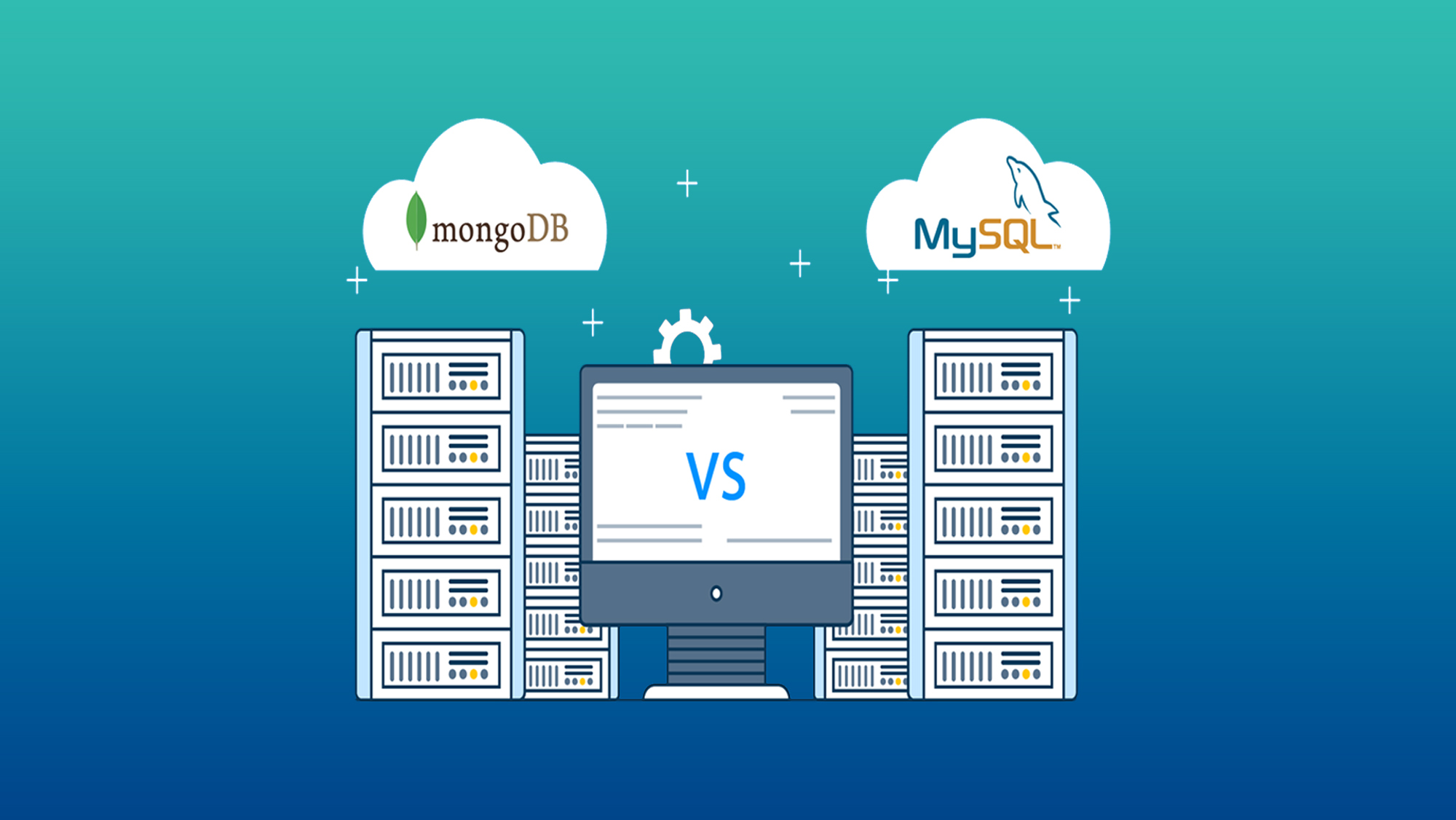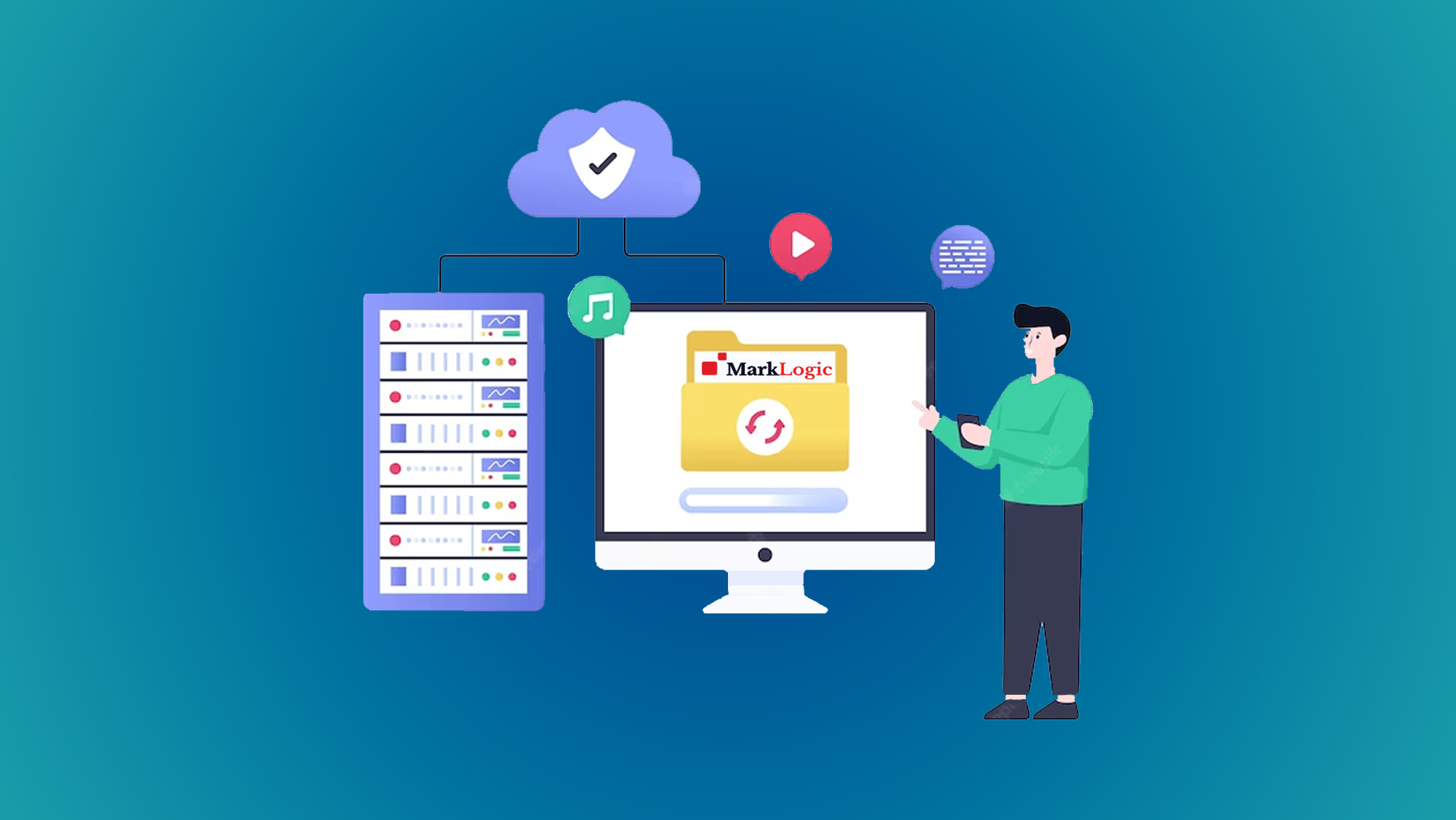Everything You Need To Know About IBM MDM Training
Introduction:
IBM Master Data Management (MDM) is a comprehensive solution that enables organizations to achieve a unified and accurate view of their critical data. To effectively leverage this powerful tool, it is essential to undergo proper training. In this blog, we will cover everything you need to know about IBM MDM training and how it can benefit your organization.
What is IBM MDM?
Why Pursue IBM MDM Training?
How does IBM MDM Training?
Best practices for IBM MDM Training
Career Opportunities in IBM MDM Training
What is IBM MDM?
IBM Master Data Management (MDM) is a comprehensive solution that enables organizations to create and manage a single, trusted view of critical business data across multiple systems. It provides capabilities for data integration, data quality management, data governance, and data synchronization, helping organizations improve data accuracy, consistency, and accessibility for better business insights and decision-making.
Why Pursue IBM MDM Training?
Pursuing IBM MDM training can offer several benefits, including:
- In-depth understanding: Training provides a comprehensive understanding of IBM MDM, its features, and functionalities.
- Enhanced skills: It equips professionals with the skills needed to effectively implement and manage IBM MDM solutions.

Read More: Accelerate Your Career with IBM MDM Training: Key Insights |
- Career advancement: IBM MDM expertise is in high demand, opening up opportunities for career growth and better job prospects.
- Improved data management: Training helps organizations streamline their data management processes, ensuring data accuracy, consistency, and integrity.
- Business efficiency: IBM MDM training enables organizations to leverage the full potential of their data assets, leading to improved operational efficiency and informed decision-making.
How does IBM MDM Training?
IBM MDM training provides comprehensive knowledge and practical skills for effectively implementing and managing IBM Master Data Management solutions. Participants learn about data integration, data quality management, data governance, and best practices. The training includes theoretical and hands-on exercises to ensure a thorough understanding of IBM MDM's capabilities and their practical application in real-world scenarios.
Best practices for IBM MDM Training
Here are some best practices to consider for IBM MDM training:
- Understand your business needs: Prioritize the specific goals and requirements of your organization to ensure that the training aligns with your business objectives.
- Define a clear training plan: Determine the scope, duration, and desired outcomes of the training program. Develop a structured plan that covers the essential topics and allows for hands-on exercises and practice.
- Engage with experienced trainers: Seek trainers who have extensive knowledge and experience in IBM MDM. They can provide valuable insights, real-world examples, and best practices.
- Hands-on practice: Allocate sufficient time for hands-on exercises, simulations, and case studies. Practical experience with IBM MDM tools and concepts is crucial for skill development.
- Collaboration and knowledge sharing: Encourage interaction among participants to foster collaboration and knowledge sharing. This can be achieved through group activities, discussions, and sharing of best practices.
- Customize training content: Tailor the training content to address your specific business requirements and challenges. This helps participants understand how IBM MDM can be applied in their unique organizational context.
- Regular assessments and feedback: Conduct assessments throughout the training program to gauge participants' understanding and progress. Provide constructive feedback to reinforce learning and address any knowledge gaps.
- Continuous learning: Encourage participants to explore additional resources, attend webinars, and participate in forums to stay updated on the latest developments and advancements in IBM MDM.
Career Opportunities in IBM MDM Training
IBM MDM training opens up various career opportunities for professionals, including:
- MDM Administrator: Responsible for configuring, managing, and maintaining IBM MDM solutions and ensuring data accuracy and integrity.
- MDM Developer: Involved in designing and implementing MDM solutions, developing data models, and integrating MDM with other systems.
- Data Governance Specialist: Focused on establishing and enforcing data governance policies, ensuring compliance, and maintaining data quality standards within MDM systems.
- MDM Consultant: Provides consulting services to organizations implementing IBM MDM, offering expertise in data management strategies, solution design, and best practices.
- MDM Architect: Designs the overall architecture of MDM systems, including data models, integration patterns, and scalability considerations.
- Data Steward: Responsible for data governance, data quality management, and ensuring adherence to data standards and policies within MDM systems.
- MDM Project Manager: Leads MDM implementation projects, oversees project timelines, budgets, and resources, and ensures successful delivery of MDM solutions.
- Data Analyst: Analyzes and interprets data within MDM systems to derive insights, identify patterns, and support data-driven decision-making.
- MDM Trainer/Instructor: Imparts IBM MDM knowledge and skills through training programs, workshops, and educational sessions.
- MDM Sales Specialist: Engages with clients, understands their business needs, and promotes IBM MDM solutions, focusing on the benefits and value they provide.
Conclusion:
IBM MDM training plays a vital role in empowering organizations to effectively manage their master data and unlock its full potential. By understanding the essentials of IBM MDM training, you can enhance your data management capabilities, improve data quality, and drive better business outcomes. Invest in IBM MDM training to become proficient in leveraging this powerful solution and gain a competitive edge in today's data-driven world.
You May Also Like
These Related Stories

MongoDB Vs Traditional Databases: Why MongoDB is the Future

Everything You Need to Know About Informatica Training


No Comments Yet
Let us know what you think